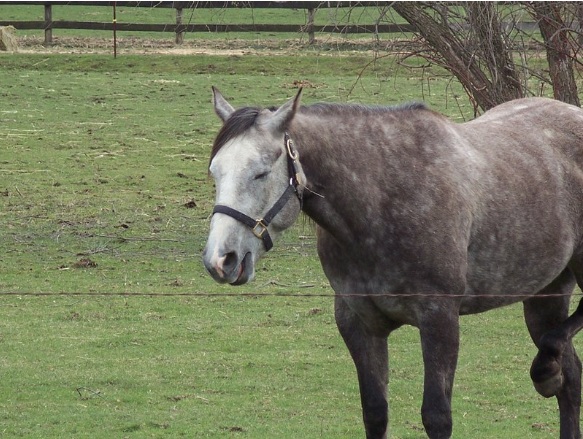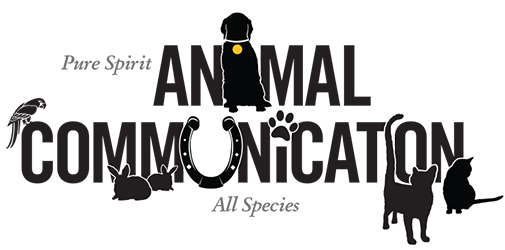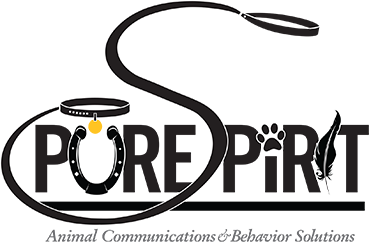
Horse
At one point in time, there were wild horses on every single continent on the planet. Now, we have domesticated most of them. Some of the earliest horses were as small as dogs. Because of the domestication of horses, civilization was allowed to spread over vast areas. Ted Andrews even says that no animal has contributed more to the spread of civilization as the horse.
Although the horse was present in many different cultures, they represent the same concepts of freedom and power. In some cultures, white horses stand for the balance of wisdom and power. In others, like Christianity, the white horse is a symbol of death. The horse is a universal symbol of freedom without restraint, because riding a horse made people feel they could free themselves from their own bindings. Also linked with riding horses, they are symbols of travel, movement, and desire.
The horse also represents power in Native American tribes. Native American tribes that possessed horses often won more battles than those who did not. They also had more territory. The number of horses a tribe possessed was telling of how wealthy they were. Within these cultures and others, the horse is often an emblem of war.
In mythology, the horse is ever present. The Romans linked horses with Mars, the god of the fury of war. Horses were also seen pulling the chariot of Helios, the sun god. In the Celtic mythology, horses were good luck and were harbingers of good fortune. The white horse, as aforementioned, was sacred to the Celts, and strongly associated with Rhiannon and Epona, who occasionally took the form of a white horse. In folk wisdom, if several horses are seen standing together, that means a storm is coming. However, this is not merely superstition, because horses often do group together to protect themselves from oncoming storms.
An important thing to remember about horses is that they are representative of the spirit, similar to freedom. The horse serves man, but can never be fully tamed by him.
Information from Ted Andrews's Animal-Speak, Jessica Dawn Palmer's Animal Wisdom, and Steven D. Farmer's Power Animals.

